

Articles
How To Store Peeled Hard Boiled Eggs
Modified: February 26, 2024
Learn how to store peeled hard-boiled eggs properly with these helpful articles. Keep your eggs fresh and ready to enjoy for longer periods.
(Many of the links in this article redirect to a specific reviewed product. Your purchase of these products through affiliate links helps to generate commission for Storables.com, at no extra cost. Learn more)
Introduction
Hard-boiled eggs are a versatile and nutritious food that can be enjoyed in various dishes or as a quick on-the-go snack. However, peeling hard-boiled eggs can be a time-consuming and frustrating task, especially when you need to prepare multiple eggs at once. That is why being able to store peeled hard-boiled eggs can be a game-changer, saving you valuable time and effort.
In this article, we will explore the reasons why storing peeled hard-boiled eggs can be beneficial, the proper storage containers to use, the importance of refrigeration, safety guidelines to follow, as well as tips for long-term storage. By following these guidelines, you can ensure that your peeled hard-boiled eggs stay fresh, delicious, and safe to consume.
So, if you’re tired of peeling eggs every time you want to enjoy a simple snack or use them in your favorite recipes, read on to discover the secrets of storing peeled hard-boiled eggs effectively.
Key Takeaways:
- Storing peeled hard-boiled eggs saves time, reduces mess, and enhances meal prep and on-the-go snacking. Use airtight containers, refrigerate, and follow safety guidelines for optimal freshness and convenience.
- For long-term storage, freeze peeled hard-boiled eggs and practice proper thawing. Label containers, prioritize food safety, and enjoy the convenience of having ready-to-eat eggs at your fingertips.
Read more: How To Store Hard Boiled Eggs Peeled
Why Store Peeled Hard Boiled Eggs?
Storing peeled hard-boiled eggs provides convenience and time-saving benefits. Here are a few reasons why you might consider storing your peeled eggs:
1. Meal Prepping: If you like to meal prep or plan your meals in advance, having peeled hard-boiled eggs on hand can be a great addition to your routine. You can easily incorporate them into salads, sandwiches, or as a quick protein snack.
2. On-the-Go Snack: Peeled hard-boiled eggs make for a perfect grab-and-go snack. Whether you’re heading to work, school, or the gym, having pre-peeled eggs ready to eat can save you time and provide a healthy option when you’re on the move.
3. Reduced Prep Time: Peeling hard-boiled eggs can be a time-consuming task, especially when you have multiple eggs to peel. By storing pre-peeled eggs, you eliminate the need to spend time peeling each egg individually, allowing you to enjoy your meals or snacks quicker.
4. Less Mess: We’ve all experienced the frustration of peeling hard-boiled eggs and ending up with bits of shell all over the place. Storing pre-peeled eggs eliminates this mess, making your meal preparation or snack time a hassle-free experience.
5. Enhanced Visual Appeal: If you’re preparing a dish for a gathering or special occasion, storing pre-peeled eggs can help enhance the visual appeal. The smooth and pristine appearance of peeled eggs can elevate the overall presentation of your culinary creations.
Remember, while storing peeled hard-boiled eggs offers convenience, it’s important to follow proper storage guidelines to ensure their freshness and safety. Let’s now explore the recommended storage containers and techniques for storing these eggs effectively.
Proper Storage Containers
Choosing the right storage containers is essential to maintain the freshness and quality of your peeled hard-boiled eggs. Here are a few options to consider:
1. Airtight Containers: Airtight containers are a popular choice for storing peeled hard-boiled eggs. These containers create a sealed environment, preventing air from entering and slowing down the oxidation process. Look for containers with a tight-fitting lid to ensure maximum freshness.
2. Plastic Zip-top Bags: Another option is to store your peeled hard-boiled eggs in plastic zip-top bags. Place the eggs gently in the bag, remove any excess air, and seal it tightly. This method is convenient and space-saving, as the bags can be easily stacked in the refrigerator.
3. Glass Containers: Glass containers with airtight lids are a great alternative to plastic containers. They are durable, easy to clean, and do not retain odors. Glass containers also allow you to see the contents inside, making it easy to identify the eggs without opening the container.
4. Egg Storage Trays: Egg storage trays are designed specifically for keeping hard-boiled eggs fresh. These trays have individual compartments to hold each egg securely, preventing them from rolling around and getting damaged. Additionally, some trays come with a lid, providing additional protection.
Whatever container you choose, make sure it is clean, dry, and free from any strong odors. It’s also a good practice to label the container with the date the eggs were peeled, as this will help you keep track of their freshness.
Remember, regardless of the container you use, it is essential to store the peeled eggs in the refrigerator to maintain their quality and safety. Let’s dive into the importance of refrigeration next.
Airtight Containers
Airtight containers are one of the most popular and effective options for storing peeled hard-boiled eggs. These containers create a sealed environment, preventing air from entering and slowing down the oxidation process. Here’s why airtight containers are a great choice:
1. Freshness: Airtight containers help to maintain the freshness of peeled hard-boiled eggs. By sealing out air, they prevent the eggs from drying out, which can occur when they are exposed to the open environment. This ensures that the eggs stay moist and flavorful for a longer period.
2. Odor Containment: Airtight containers also help to contain any strong odors from other foods in the refrigerator. This prevents the peeled eggs from absorbing unwanted smells and flavors. It’s essential to choose containers that are specifically designed to be odor-resistant to ensure the eggs retain their natural taste.
3. Protection: Airtight containers provide protection for the delicate texture of peeled hard-boiled eggs. They shield the eggs from physical damage and reduce the risk of them breaking or getting crushed. This is particularly important if you plan to transport the eggs or stack other items on top of them in the refrigerator.
4. Easy Storage: Airtight containers come in various sizes and shapes, making them convenient for storing different quantities of peeled hard-boiled eggs. They are stackable, which helps to maximize refrigerator space and keeps your kitchen organized. Additionally, many airtight containers are dishwasher-safe, making cleaning a breeze.
When using airtight containers, remember to place the peeled hard-boiled eggs gently inside, without overcrowding the container. It’s best to leave a small space between the individual eggs to prevent them from sticking together. Seal the container tightly to ensure a proper and airtight seal.
Lastly, it’s important to note that even when using airtight containers, storing peeled hard-boiled eggs in the refrigerator is crucial to maintaining their freshness and preventing the growth of harmful bacteria. Refrigeration ensures that the eggs stay at a safe temperature and remain safe to consume.
Next, let’s dive into the significance of refrigeration and its role in storing peeled hard-boiled eggs effectively.
Refrigeration
Refrigeration is a vital aspect of storing peeled hard-boiled eggs to maintain their freshness, quality, and safety. Here’s why refrigeration is important:
1. Temperature Control: Refrigeration helps to control the temperature of peeled hard-boiled eggs. Storing the eggs at a consistent cold temperature between 35°F (2°C) and 40°F (4°C) slows down bacterial growth, preserving the quality and safety of the eggs for a longer period.
2. Preventing Spoilage: High temperatures can lead to spoilage and the growth of harmful bacteria on peeled eggs. Refrigerating the eggs inhibits the formation of microorganisms, such as Salmonella, which can cause foodborne illnesses. It’s important to note that peeled hard-boiled eggs should never be left at room temperature for more than two hours to ensure food safety.
3. Extended Shelf Life: Refrigeration prolongs the shelf life of peeled hard-boiled eggs. By keeping them in a cool environment, you can enjoy their freshness and quality for up to one week. This makes refrigeration essential, especially if you’re planning to store a larger batch of peeled eggs for future use.
4. Preventing Moisture Loss: The cool temperature of the refrigerator helps to prevent moisture loss in peeled hard-boiled eggs. When exposed to a dry environment, the eggs can start to dehydrate, resulting in a rubbery or chalky texture. Refrigerating the eggs ensures that they retain their desired texture and moisture content.
To properly store peeled hard-boiled eggs in the refrigerator, place them in an airtight container, as mentioned earlier. Make sure the container is sealed tightly to prevent air and moisture from entering. Position the container on a refrigerator shelf, away from raw meat or poultry to avoid any cross-contamination risks.
Remember to label the container with the peel date to keep track of their freshness. If you plan to consume the eggs at a later date, it’s a good idea to consume them within seven days to ensure optimal taste and safety.
By storing peeled hard-boiled eggs in the refrigerator, you can enjoy their convenience and nutritional benefits while ensuring their freshness and safety. Next, let’s dive into some important safety guidelines to follow when storing these eggs.
Store peeled hard boiled eggs in an airtight container in the refrigerator. Place a damp paper towel in the container to help keep the eggs moist. Use the eggs within 3-4 days for best quality.
Read more: How To Store Hard-Boiled Eggs
Safety Guidelines
When storing peeled hard-boiled eggs, it’s crucial to follow certain safety guidelines to ensure the quality and safety of the eggs. Here are some important guidelines to keep in mind:
1. Fresh Eggs: Start with fresh eggs when boiling and peeling them. Fresh eggs have a lower risk of contamination and will yield better results when stored. Avoid storing eggs that are close to their expiration date or have been sitting in the refrigerator for too long before boiling.
2. Proper Boiling: Ensure that the hard-boiled eggs are properly cooked before peeling and storing them. Undercooked eggs can harbor harmful bacteria, while overcooked eggs may become tough and rubbery. Follow a reliable recipe or cooking method to achieve perfectly boiled eggs.
3. Hygienic Handling: Always practice good hygiene when handling peeled hard-boiled eggs. Wash your hands thoroughly with soap and water before and after handling the eggs. This helps to minimize the risk of cross-contamination and the spread of bacteria.
4. Labeling: Label the container with the date the eggs were peeled. This will help you keep track of their freshness and ensure that you consume them within the recommended time frame.
5. Proper Storage Temperature: As mentioned earlier, store peeled hard-boiled eggs in the refrigerator at a temperature between 35°F (2°C) and 40°F (4°C). This prevents the growth of bacteria and ensures the eggs remain safe for consumption.
6. Discard If In Doubt: If you notice any changes in the appearance, smell, or texture of the peeled eggs, it’s best to discard them. Signs of spoilage include a sour or off smell, sliminess, or discoloration. It’s better to be safe than sorry when it comes to food safety.
Following these safety guidelines will help ensure that the peeled hard-boiled eggs remain safe, fresh, and enjoyable to eat. Now, let’s explore some tips for long-term storage if you have peeled eggs that you want to store for an extended period.
Tips for Long-Term Storage
If you have a large batch of peeled hard-boiled eggs and want to store them for an extended period, here are some tips to help maintain their quality:
1. Freezing: Freezing peeled hard-boiled eggs is a great option for long-term storage. Wrap each individual egg tightly with plastic wrap or aluminum foil to prevent freezer burn and place them in a freezer-safe bag or container. Be sure to label the container with the date. Frozen peeled eggs can last up to three months in the freezer.
2. Thawing: When you’re ready to consume the frozen peeled eggs, thaw them in the refrigerator overnight. Avoid thawing at room temperature, as this can promote bacterial growth. Thawed eggs should be consumed within 24 hours and not refrozen.
3. Pre-Slicing: If you plan to use peeled hard-boiled eggs for salads or sandwiches, consider pre-slicing them before storage. Place the sliced eggs in an airtight container or wrap them tightly to maintain their freshness. This eliminates the need to slice the eggs each time you want to use them.
4. Storage Considerations: When storing peeled eggs in the refrigerator or freezer, be mindful of their placement. Avoid storing them in the refrigerator door, as the temperature can fluctuate. Instead, place them towards the back of the refrigerator or in a designated egg holder to ensure a consistent temperature.
5. Labeling and Rotation: As with any long-term storage, it’s important to label your containers with the date of storage. Additionally, practice the “first in, first out” principle, using the oldest eggs first to prevent waste.
6. Quality Check: Before consuming any stored peeled hard-boiled eggs, perform a quality check. Ensure there are no signs of spoilage, such as an off smell or sliminess. If the eggs appear questionable, it’s best to err on the side of caution and discard them.
These tips will help you effectively store peeled hard-boiled eggs for an extended period, giving you the flexibility to enjoy them at your convenience. Now, let’s address some frequently asked questions about storing peeled eggs.
Frequently Asked Questions
Here are answers to some common questions regarding the storage of peeled hard-boiled eggs:
1. Can you store peeled hard-boiled eggs at room temperature?
No, it is not safe to store peeled hard-boiled eggs at room temperature. Bacteria can grow rapidly in the warm environment, increasing the risk of foodborne illnesses. Always store peeled eggs in the refrigerator to ensure their freshness and safety.
2. How long can peeled hard-boiled eggs be stored in the refrigerator?
Peeled hard-boiled eggs can be stored in the refrigerator for up to one week. It’s important to check for any signs of spoilage before consuming them.
3. Can you freeze peeled hard-boiled eggs?
Yes, peeled hard-boiled eggs can be frozen for longer storage. Wrap each egg tightly with plastic wrap or aluminum foil and place them in a freezer-safe bag or container. They can be stored in the freezer for up to three months.
4. How do I thaw frozen peeled hard-boiled eggs?
To thaw frozen peeled hard-boiled eggs, place them in the refrigerator overnight. Avoid thawing at room temperature to prevent bacterial growth. Thawed eggs should be consumed within 24 hours and should not be refrozen.
5. Can I store pre-sliced peeled hard-boiled eggs?
Yes, pre-sliced peeled hard-boiled eggs can be stored. Place the sliced eggs in an airtight container or wrap them tightly to maintain their freshness. This saves time when you want to use the eggs for salads or sandwiches.
6. How can I tell if peeled hard-boiled eggs are still fresh?
Perform a visual and sensory inspection before consuming peeled eggs. Look for any signs of spoilage, such as a sour smell, sliminess, or discoloration. If the eggs have an off smell or unusual appearance, it’s best to discard them.
Remember, proper storage and handling are essential for maintaining the quality and safety of peeled hard-boiled eggs. Following these guidelines will help ensure that you can enjoy your eggs without any concerns.
Conclusion
Storing peeled hard-boiled eggs can be a lifesaver when it comes to saving time and effort in meal preparation or enjoying a quick snack. By following the proper storage techniques and guidelines, you can maintain the freshness, quality, and safety of your peeled eggs.
Proper storage containers, such as airtight containers or plastic zip-top bags, create a sealed environment that prevents air and odors from affecting the eggs. Refrigeration is crucial to maintaining the eggs’ freshness, preventing spoilage, and inhibiting bacterial growth. Following safety guidelines, such as using fresh eggs, practicing hygienic handling, and discarding any questionable eggs, ensures that your peeled hard-boiled eggs are safe to consume.
If you have a larger batch of peeled eggs that you want to store for a longer period, freezing is a viable option. Be sure to wrap each egg tightly before placing them in the freezer, and thaw them in the refrigerator when you’re ready to use them.
By following these tips and addressing frequently asked questions, you now have a comprehensive understanding of how to store peeled hard-boiled eggs effectively. So, say goodbye to the hassle of peeling eggs every time you need them and enjoy the convenience of having ready-to-eat peeled eggs at your fingertips.
Remember, always prioritize food safety and quality when storing peeled hard-boiled eggs. Stay organized, practice good hygiene, and check for any signs of spoilage before consuming. With these guidelines in mind, you can continue to enjoy the versatility and nutrition of peeled hard-boiled eggs in your meals, snacks, and on-the-go options. Happy storing and bon appétit!
Frequently Asked Questions about How To Store Peeled Hard Boiled Eggs
Was this page helpful?
At Storables.com, we guarantee accurate and reliable information. Our content, validated by Expert Board Contributors, is crafted following stringent Editorial Policies. We're committed to providing you with well-researched, expert-backed insights for all your informational needs.


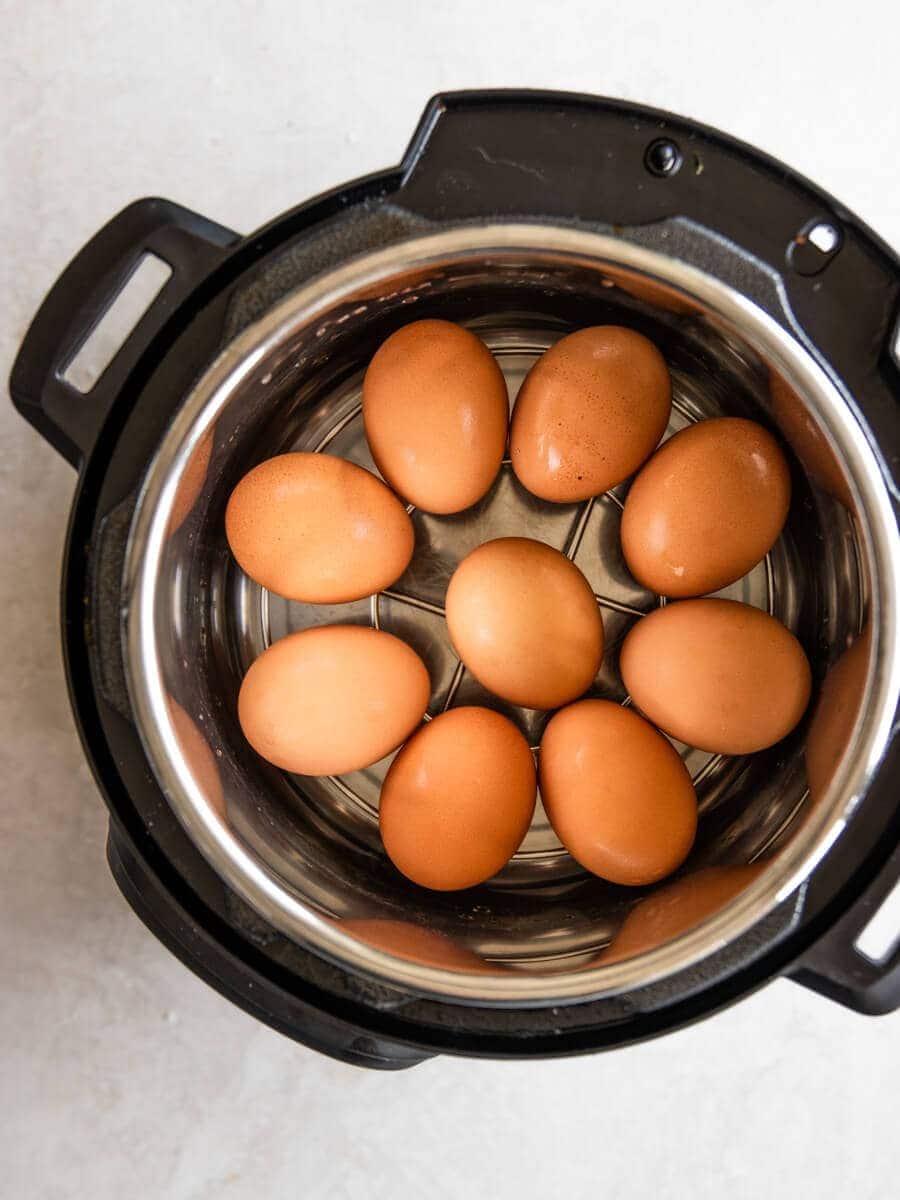


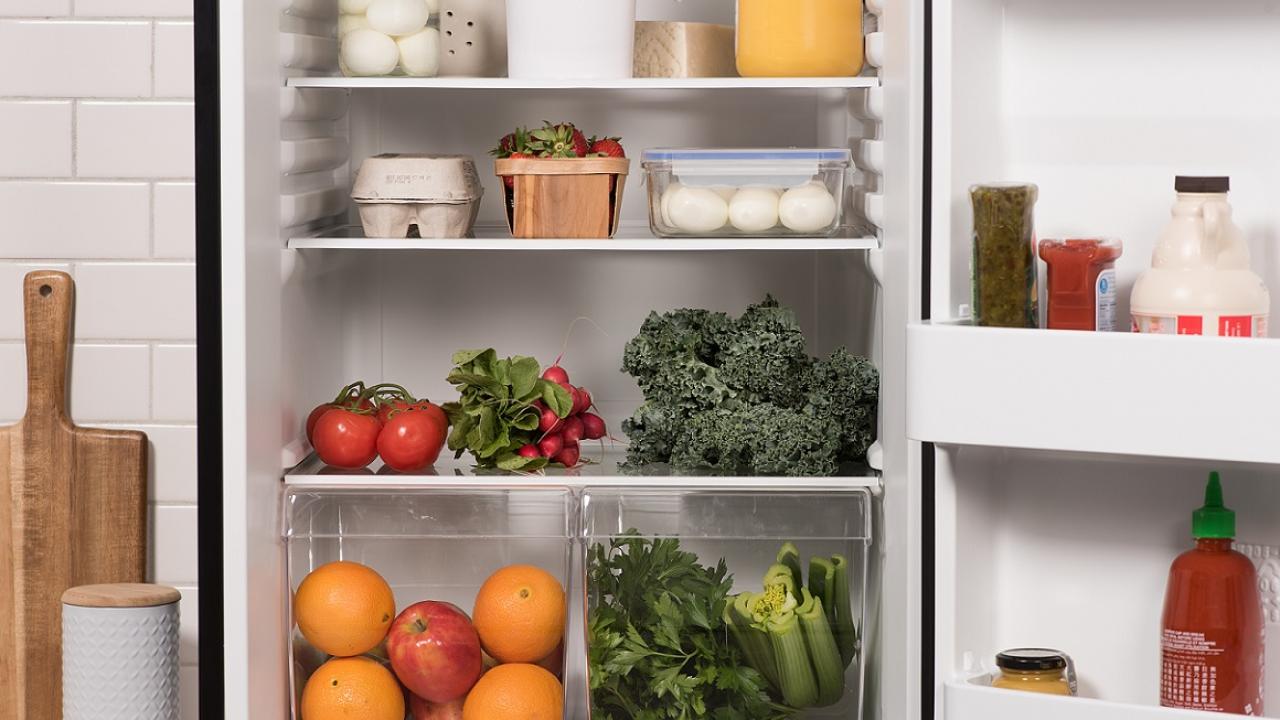


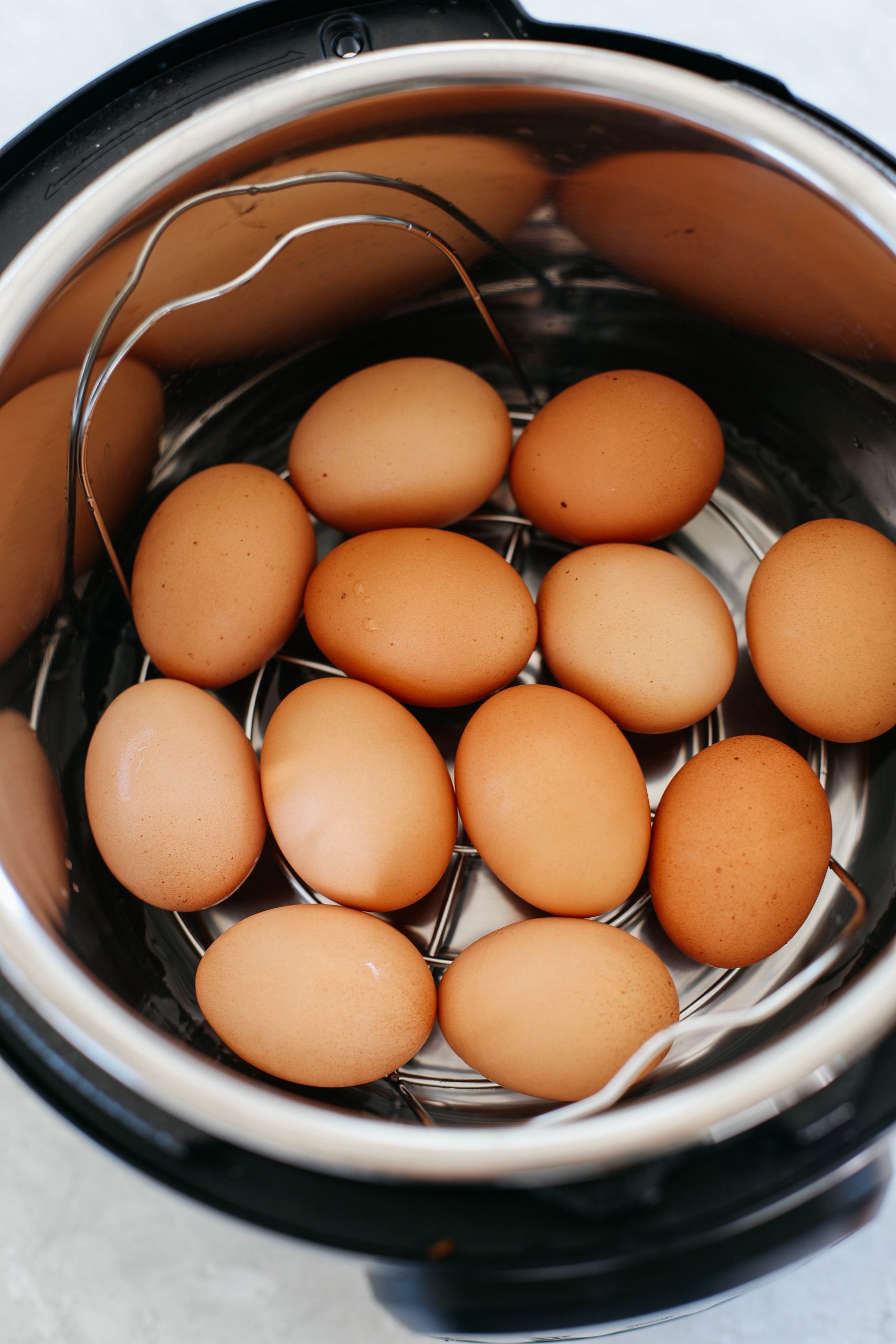
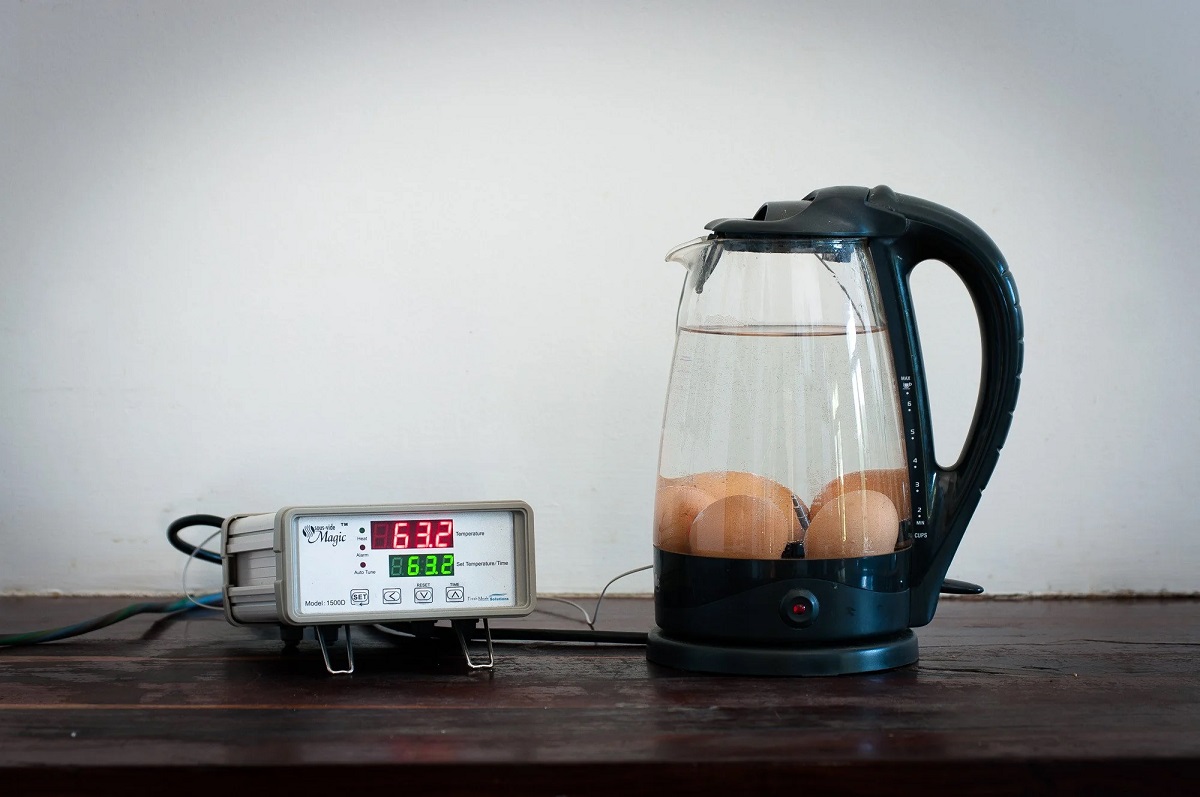
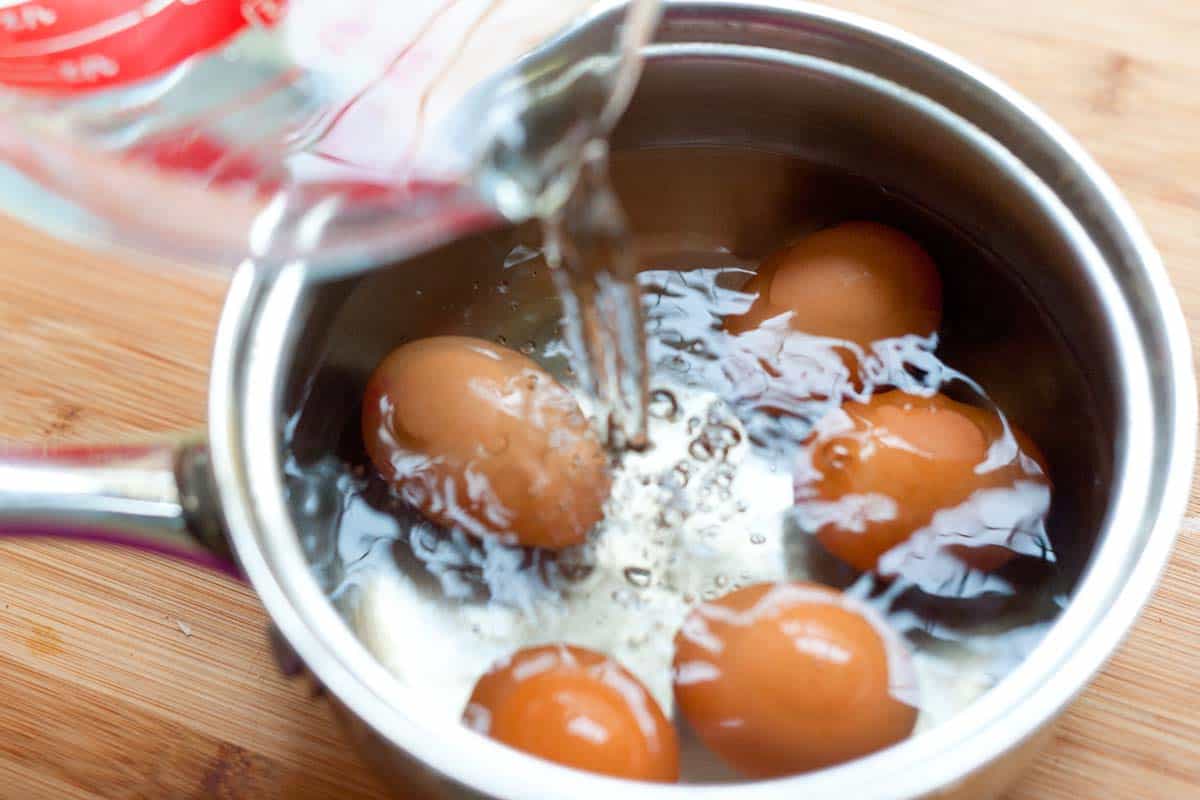
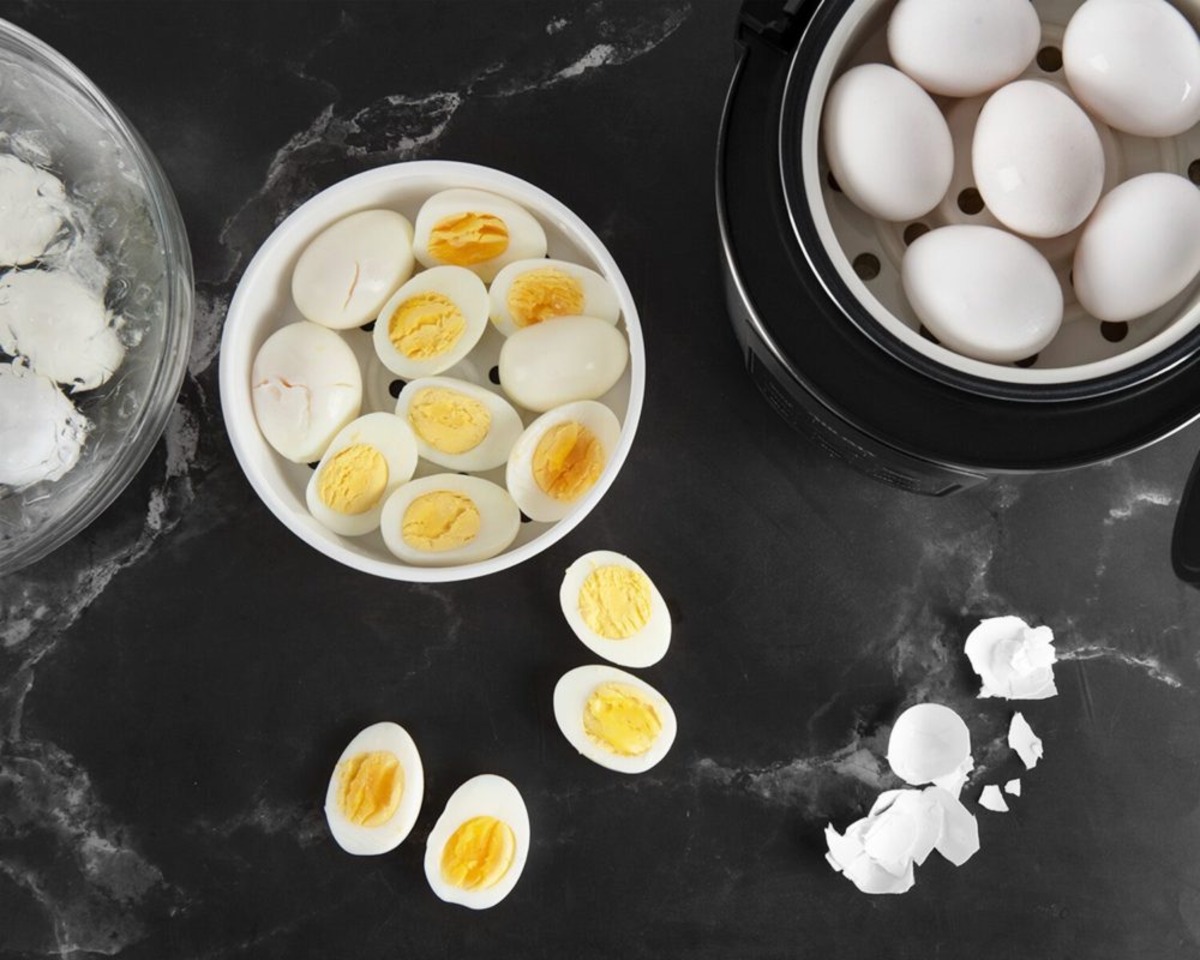

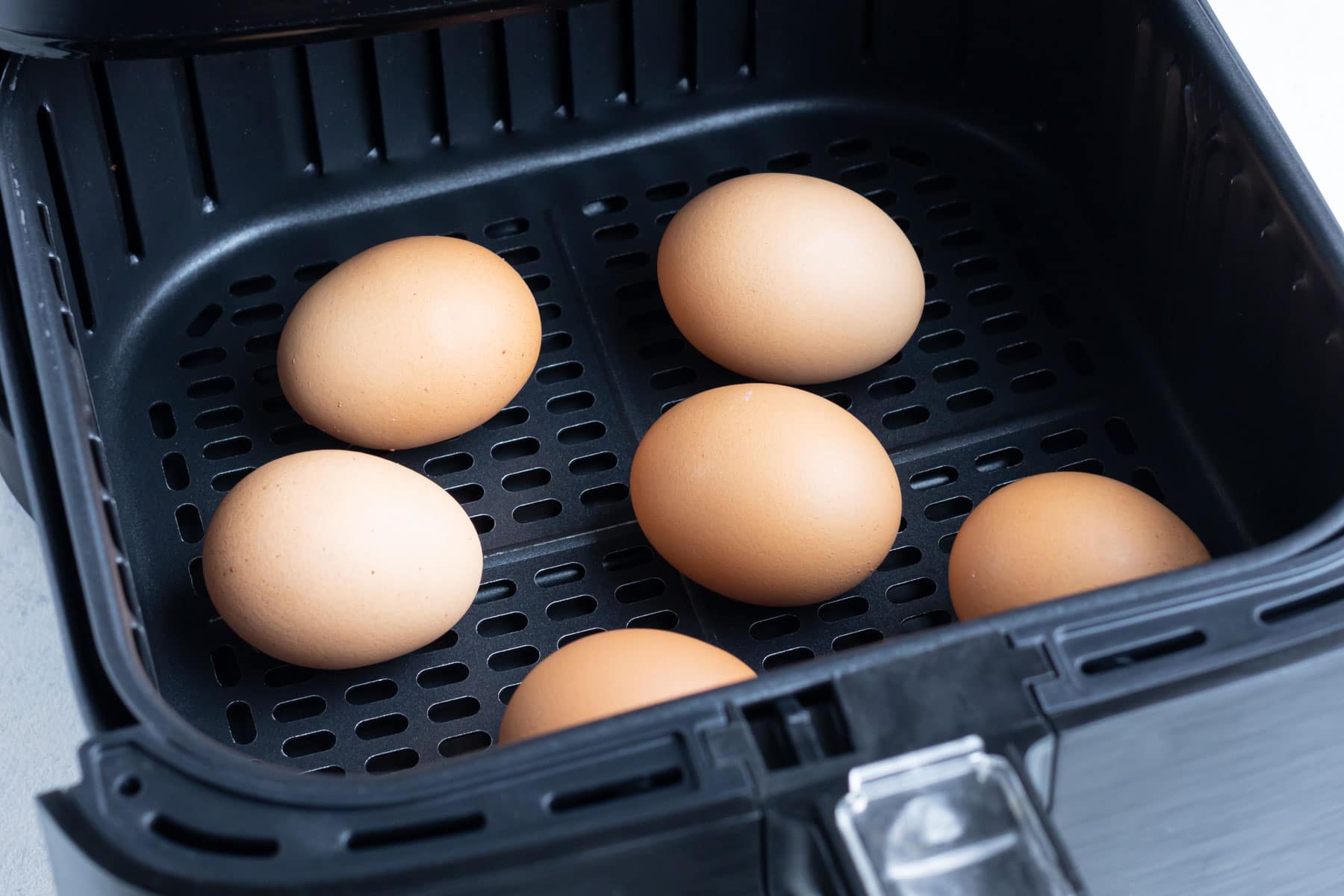

0 thoughts on “How To Store Peeled Hard Boiled Eggs”